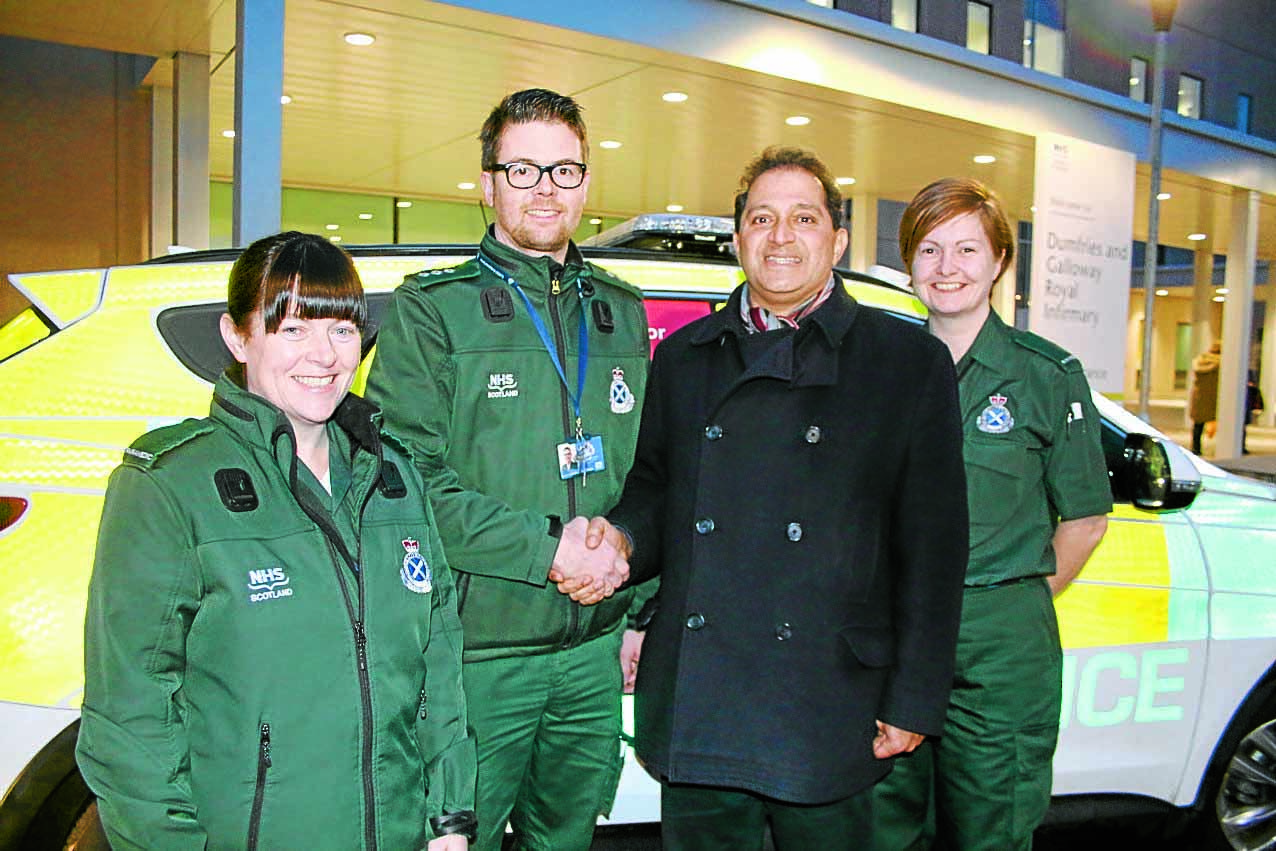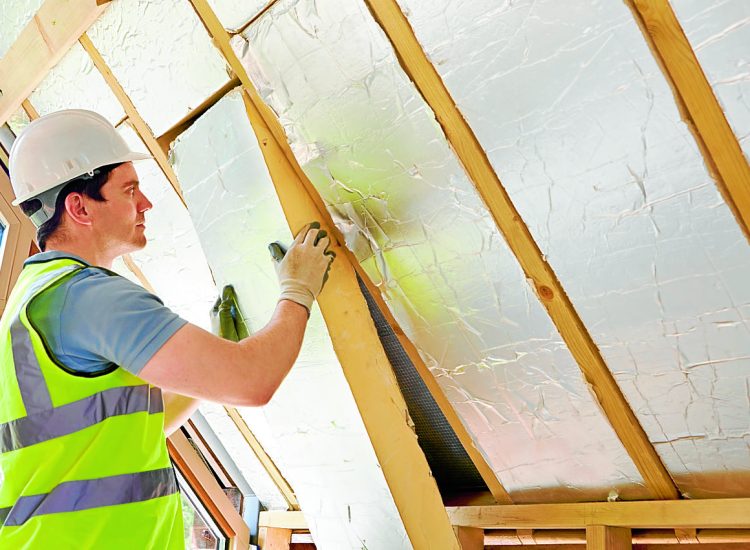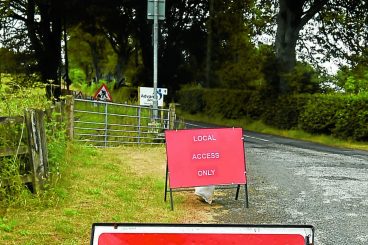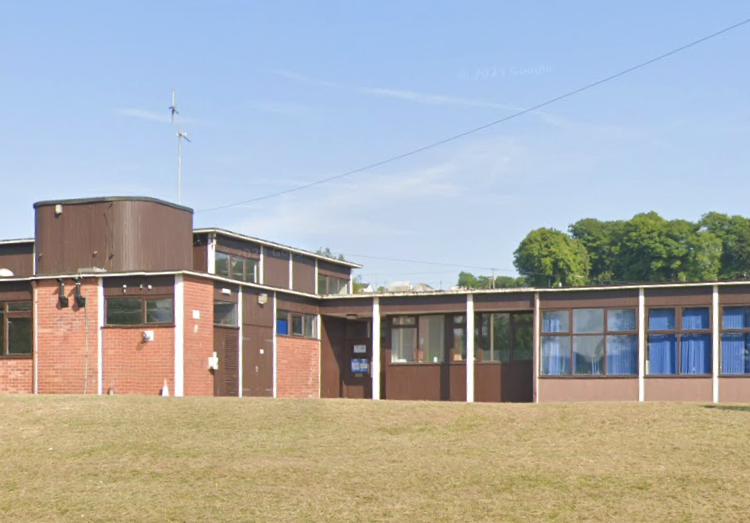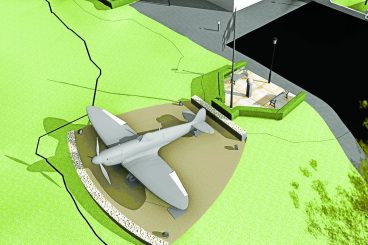Two specialist paramedics, who have had extra training in urgent and emergency care, will support the region’s OOH service as part of a collaborative six-month pilot project.
Service manager Mark Sindall said: “There have been significant challenges with the Out of Hours service – there’s a shortage of staffing both locally and nationally around GPs and then a commitment to supporting the service. “We felt that we needed to do something different, so we are looking at different ways of working, looking at a wider multi-disciplinary team that can support that service for the future.”
Dr Nitin Desai heads up the OOH team and explained that the paramedics will be able to take on additional responsibilities working in a multi-disciplinary team that also includes two trainee advanced nurse practitioners and prescribing pharmacists, with a GP as its lead clinician. He said: “At peak times on weekends or public holidays when we know there are often a lot of medications queries and requests, we thought it would be reasonable to have a prescribing pharmacist who could tackle those things.
“But the pharmacists that we have at the moment are ones who have had some training in physical examination, and so they are dealing with some common clinical conditions in the primary care centre – dealing with skin conditions, ears, throats, that kind of thing.”
Addressing the move towards a mixed skills team, he added: “This would have been the way of the future anyway, but it’s just speeding things up quite a bit, and now we have the right people, with the right skills, dealing with the right patients at the right time.”
The project is a major part of the Scottish Ambulance Service’s 2020 strategy, Taking Care to the Patient and spokesman Michael Harmjanz said: “It’s part of our 2020 vision to improve the access to healthcare within the community, to avoid unnecessary admissions to hospital and to give people the choice to be managed in their homes rather than having to go to hospital when its clinically appropriate and safe to do so.”





